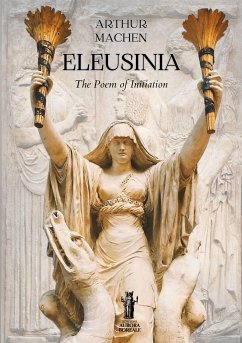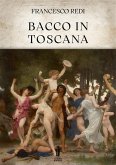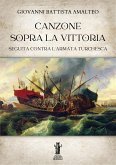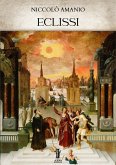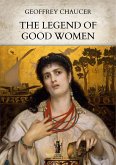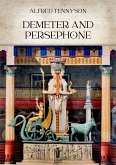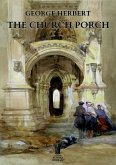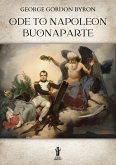The Welsh writer, poet and novelist Arthur Machen, best known for his influential supernatural, fantasy, and horror fiction, was above all a great mystic and initiate, and a member of the Hermetic Order of the Golden Dawn. From the beginning of his literary career, Machen espoused a mystical belief that the humdrum ordinary world hid a more mysterious and strange world beyond. His later works became somewhat less obviously full of gothic trappings, but for him investigations into mysteries invariably resulted in life-changing transformation. Arthur Machen wrote his amazing poem Eleusinia in 1881, when he was only 18 years old. In our opinion, it is one of his best poetic works. Was Arthur Machen an Eleusinian initiate? We have no certainty about it, even if we know how much the Eleusinian mystery tradition, which survived in secrecy throughout the Middle Ages and reached the modern age, was also widespread and practiced in Great Britain in the 19th century. In any case, his great propensity for mysticism and spirituality and his initiatory belonging to the Golden Dawn led Machen to want to understand the great mystery of Eleusis and to try to undo its millennial veil. We propose to our readers the poem Eleusinia, preceded by a beautiful biographical essay on Machen written and published in Chicago in 1918 by the American writer, journalist, and bibliophile Vincent Starrett: Arthur Machen: A Novelist of Ecstasy and Sin. An essay that, better than many others, has captured the authentic spirit of the great Welsh writer. Starrett, a great connoisseur and admirer of British literature, was a major enthusiast of Arthur Machen and was instrumental in bringing Machen's work to an American audience for the first time.
Dieser Download kann aus rechtlichen Gründen nur mit Rechnungsadresse in A, B, BG, CY, CZ, D, DK, EW, E, FIN, F, GR, HR, H, IRL, I, LT, L, LR, M, NL, PL, P, R, S, SLO, SK ausgeliefert werden.

